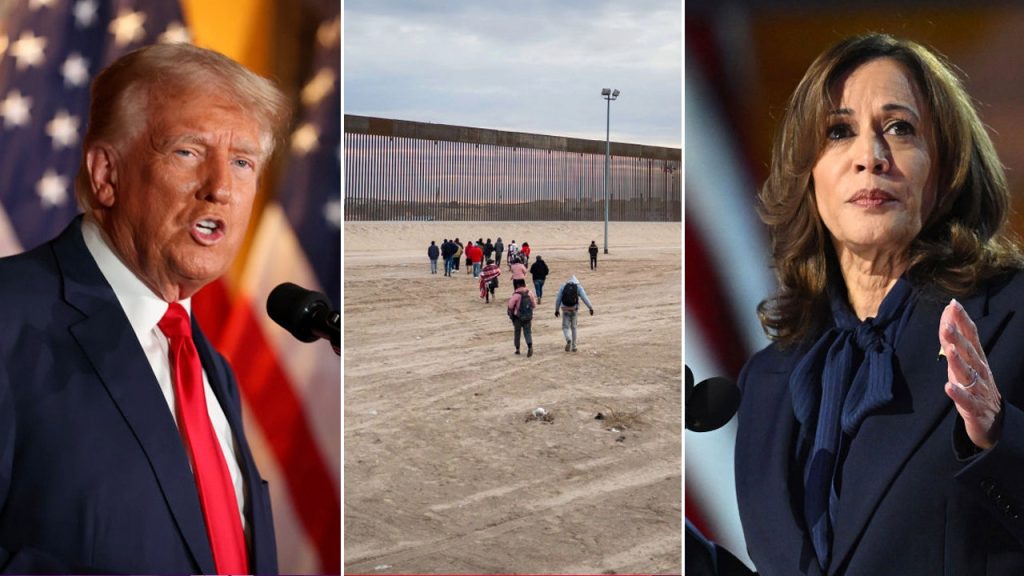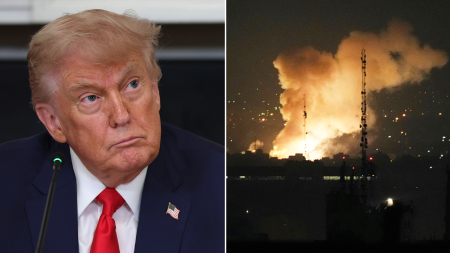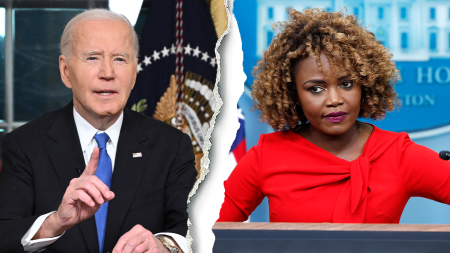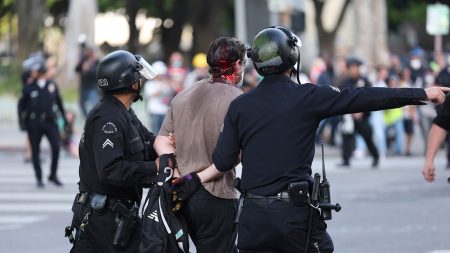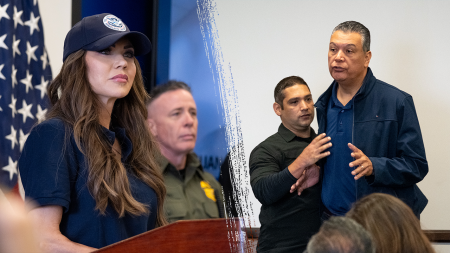The 2024 presidential election saw immigration and border security emerge as pivotal issues, shaping the political narrative and influencing voter decisions. A migrant crisis, escalating since 2021, reached a fever pitch in December 2023 with over 250,000 border encounters, prompting high-level discussions with Mexico. As the election cycle gained momentum, the crisis became a central campaign theme. Candidate Donald Trump pledged mass deportations, while then-President Biden highlighted a decrease in encounters and signed an executive order restricting asylum claims.
A bipartisan border security bill emerged in February 2024, proposing increased funding for border agencies, emergency powers to control border entries, expedited work permits for migrants, and stricter asylum screening. While the Biden administration and both Biden and Harris campaigns touted the bill as a bipartisan solution, it faced opposition from both conservative and liberal factions, with conservatives arguing it would legitimize high encounter rates. The bill ultimately became a campaign talking point, with the Biden-Harris ticket accusing Trump of rejecting a viable solution for political gain.
The issue of migrant crime further fueled public debate. Several high-profile crimes allegedly committed by illegal immigrants, including the murder of a Georgia college student and the killing of a 12-year-old in Houston, captured national attention. While statistics suggesting lower crime rates among immigrants were cited, these did little to quell public outrage and concerns about the potential dangers posed by individuals who, according to conservatives, should not have been admitted into the country. These incidents amplified the focus on border security and its connection to public safety.
As Biden opted not to seek re-election, Vice President Kamala Harris became the Democratic nominee. Her role in addressing the “root causes” of migration, which led to her being labelled the “border czar,” placed her squarely in the crosshairs of the immigration debate. Harris faced scrutiny over the Biden administration’s border policies and her own past stances on immigration, including her support for gender transition surgery for detained migrants and previous calls for decriminalizing illegal border crossings and closing detention centers. She distanced herself from these earlier positions, with her campaign attributing the shift to her experience in the Biden administration.
The Biden administration’s use of humanitarian parole to admit thousands of migrants through the CBP One app, both at the border and from designated countries, became a contentious election issue. Reports about the impact of Haitian migrants on communities across the U.S. amplified concerns. Trump’s unsubstantiated claim about Haitian migrants consuming cats and dogs in Ohio gained viral attention during a presidential debate, further intensifying the focus on the consequences of migration and fueling public anxieties. The strain on resources and infrastructure in affected communities remained a key concern until Election Day.
In the lead-up to the election, polls consistently showed Trump holding a significant advantage over Harris on border security and immigration issues, which ranked high among voter concerns. Harris repeatedly criticized Trump’s opposition to the bipartisan border security bill, but the gap between the candidates remained substantial. Trump consistently linked Harris to the border crisis, emphasizing her “border czar” label. Ultimately, Trump secured victory in the November election, reaffirming his commitment to strengthening border security and addressing national issues.




